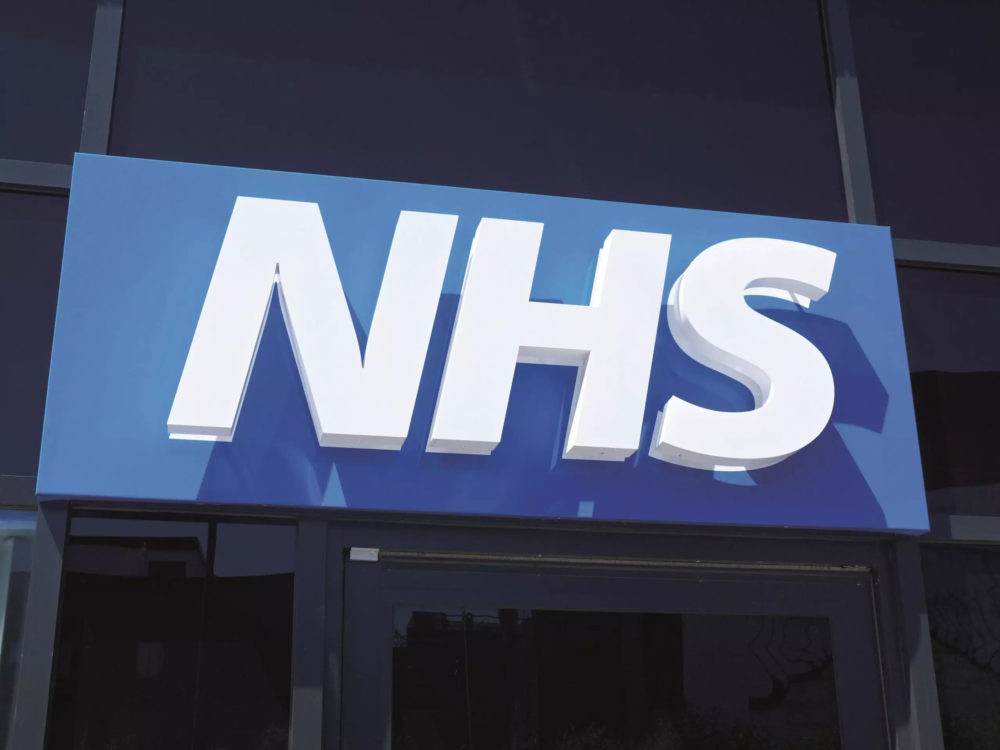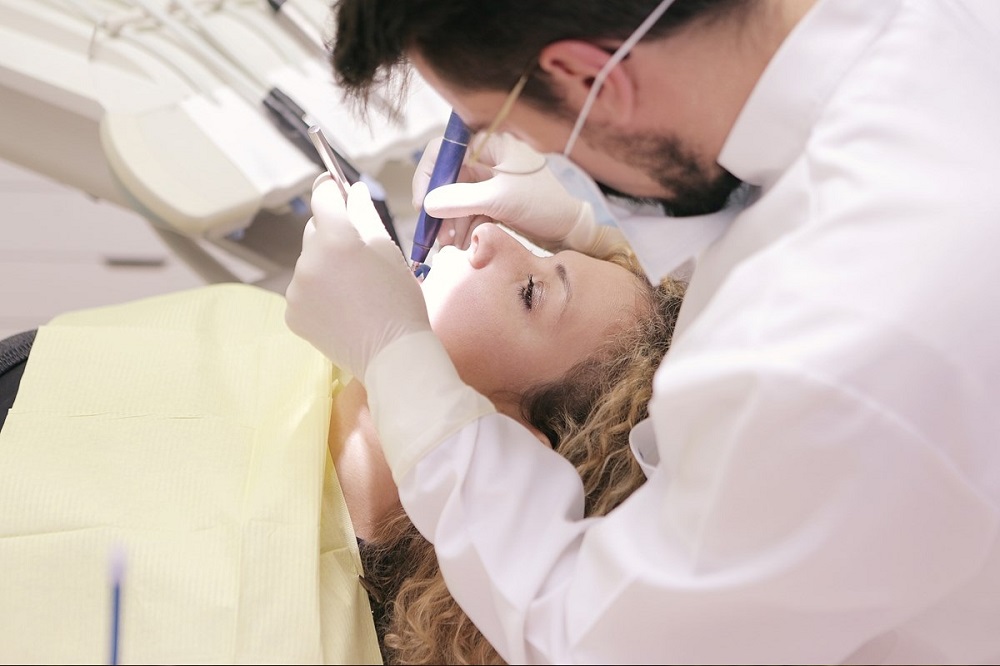Who is in control of the Welsh NHS? It’s not the Welsh government

Llew Gruffudd
It is often argued that the Welsh government doesn’t properly use the powers it has to best effect.
Even within the present constitutional arrangements, there is significant scope for improvements, it is argued.
Scope for improvement yes. Significant improvements, doubtful. I would argue that often those powers are often illusionary. Healthcare in Wales being one example.
Healthcare in Wales, under the present constitutional arrangement, is the responsibility of the Welsh government. Responsibility and control are however not the same. There are too many other non Welsh government forces involved, for the Welsh government to have that control.
Funding
If Wales was in control of its health service, in addition to current administration, it would also involve planning of current and future needs. Pay levels necessary for recruitment and retention of staff. Infrastructure investment for hospitals, investment in the most current equipment.
It can do little of that as it has no control over funding. That is decided by Westminster. Decided, not by Welsh government plans and needs, but by the crude population share measure. Population share of policy and investment in the English health system.
The NHS in Wales is the public number one priority. So too with the Welsh government. Consequently, they maximise the funding to this sector, consistently at the detriment of other areas of public services.
Yet. In spite of this, the NHS in Wales is in crisis.
You often hear that the Welsh government has given, say, £20 million more to the health sector, but invariably short of what is needed. So what does that achieve? Either a percentage improvement, or a waste of £20 million as it failed in its aims. A bad policy decision, or lack of money?

Social Care
Integral to the success of the healthcare sector, a successful care sector would take significant pressure off the Welsh NHS, free up hospital beds and allow much more community based treatments.
The care sector is the responsibility of local authorities in Wales. The Welsh government made considerable policy changes to integrate the health and care sectors.
Now one thing you have to say about the Welsh government, is that they do a lot of policy. They also do a lot of reports and a lot of consultations.
If only it led to improvements.
Policy making
A major impediment to the Welsh government’s policy making in this sector, is that social care is largely carried out by private providers.
Local authorities, on behalf of the Welsh government, buy social care from the private sector. Over 65% is privately provided. With 80% of the workers in the private sector.
This means that social care policy is dictated, not by government plans, but by commercial decisions of the private care owners. A care home closes, an increasing event. That is a commercial decision, but the repercussions are through the health care sector. Not just the considerable trauma to vulnerable residents, but a reduction in capacity in residential care. A reduction not easily rectified.
And the problem is set to get worse. The same problems prevail throughout the care sector. Many of the providers are small businesses, but an increasing number of large providers are becoming involved. Large medical insurance companies and hedge funds. Their loyalties are to investors and promised returns, inevitably that means taking money from frontline services. This is invariably workers wages and lower standards of service.
GPs and the NHS
GP practices. Generally the first point of contact of the public to NHS services Often called The Gateway to the NHS.
GPs are private practitioners. They work under contract to the NHS. The contract is renewed annually. This means that with less than a year’s notice, the GP contract can be terminated and thousands of Welsh patients are left without a GP.
This could be because of unsatisfactory contract terms, or the partners , or sometimes sole practitioner, giving up the practice, often to then become locums at another practice.
It is the responsibility of the regional health board to relocate patients, often paying a premium to neighbouring practices to take them on. In the process, a detrimental effect on the patient/doctor ratio of that practice
It is unlikely to improve. The constant battle between the government with limited finance and a GP sector who argue that they cannot provide a service without increased finance, is not easily resolved.

It is a complicated service. A basic payment per patient plus extras and bonuses for ‘additional’ services such as blood tests, health checks and blood pressure tests. Some provided by some practices, others not so much.
The provision of GP services is moving even further from government control by the growing influence of private medical companies. GP practices, not owned by GPs. but by private enterprise.
A movement started in London and encouraged by Tony Blair as Prime Minister has had consequences. A group of GPs were encouraged and supported by government policy, to become entrepreneurs. They took over the ownership of multiple GP surgeries in London.
Blurring the lines
AT Medics as they were called, they became the first medical company of its kind. Blurring the lines between business and medical care. In 2021 ATMedics owned 49 GP practices. Paid themselves £5.2 million in dividends and turned a profit of £7.6 million.
That year, 2021, AT Medics was bought by Operose. Operose is a subsidiary of a large American medical insurance company Centrene. Centrene owns 80 GP practices in England.
Although Centrene has not yet entered Wales, there is every likelihood that it will. Not that Wales is immune from this practice.
E Harley Street Primary Care Solutions, a private medical company based in Leicester, presently owns GP practices in Cardiff, Newport and the Gwent valleys.
There is concern that these privately owned practices are lowering standards in the search for profits. One concern being the increasing employment of the less qualified and lower paid practitioner associates in place of qualified doctors.
The nature of the system lends itself to this predatory action. With GP practices owned by GPs and free to dispose of their ownership in this way. It also puts the GP sector another step away from government control.

Dentists
Dentists again private practitioners, although whereas contracted GPs work exclusively for the NHS, dentists do not. While many dental practices have a quota of NHS patients, paid for by the NHS, many do not.
With GPs, the problem is the closure of practices. With dentists they can just refuse to treat NHS patients. It is well documented that large areas in Wales are without NHS dental treatment. It is not that the dental practice is overloaded, for it is common practice for dentists who are removing NHS patients, to offer them ‘a financial plan’ to pay for their treatment.
Dental treatment in Wales is not free at source, other than exceptional categories, payment already exists. The ‘financial plan’ method effectively removes dentistry further from the NHS for large parts of the population.
Eye Care
Other than the most serious conditions, eye care in Wales is provided by private specialists. It is a means tested service, with only particular groups qualifying for NHS paid for service, mainly the initial test. Eye care hardly qualifies for the free at source NHS for the majority of the public.
The consequences of government policy
These issues are due to the chosen course of government in purchasing NHS services from the private sector. Whether it be social care, GP services, dentistry, eye care. The majority purchased from the private sector with NHS money, public money.
This, coupled with the government policy of encouraging ‘the competitive market’. Tony Blair’s philosophy that the competitive market brings efficiencies.
It would appear that the opposite is the result.
A diminishing NHS and an expanding private sector.
NHS money, increasingly funding private dividends and bonuses.
As one disillusioned doctor put it, ‘the NHS should be about treating sick people, not increasing bank balances.’
PS.
To finish on a positive note.
If you eventually reach a hospital, either because of sickness or incapacity, it is because you are in an emergency, or you have made it through the ‘Gateway to the NHS’ and survived the seemingly unending waiting lists.
However once there, you are in the hands of fantastic, skilled staff, who carry out fantastic treatments and procedures. All for free as a patient. As a taxpayer, that’s a different tale.
Support our Nation today
For the price of a cup of coffee a month you can help us create an independent, not-for-profit, national news service for the people of Wales, by the people of Wales.






More money could be available from the WG, if they chose to spend it properly rather than waste it on nonsense, easier to blame Westminster though.
Less we forget. Both Welsh & UK Tory/Labour Governments are equally responsible for our creaking Welsh NHS. And remember, many decisions made that affect Wales & Welsh NHS are still decided in London not Cardiff. So attack Welsh Labour do, but please don’t omit the part Whitehall had played in its fall from grace. Aim high, don’t be sly.
I’ve heard it all now. So it’s not Welsh Labour’s fault that the Welsh NHS is on the verge of collapse: that must be why everything else is working so well. Wales has appalling educational outcomes, crime statistics, unemployment, child poverty…presumably all these problems are somebody else’s fault too.
I think you are misquoting my article. I said that the Welsh Labour government is not in control. Not that they are not at fault. They are at fault for allowing the creeping privatisation. They are at fault for the policy of increasingly buying in private care as an alternative to improving the public sector, By doing so they have lost control. On your other point of blaming Westminster. It is a fact that Westminster controls the finance that makes a better system possible, but that’s all our faults for conceding such a constitutional arrangement. Incidentally the police and justice… Read more »
Regardless, the phrase ‘not in control’ is inaccurate Llew: you could say they’re hampered somewhat but they largely retain control, and are on the hook for the bulk of the problems. If you’re claiming that throwing more money at the Welsh NHS is a solution then I’m afraid history proves you quite wrong. The NHS has never had so much money, and it’s never been in a worse state.
No. I believe that control is correct. As I said the problem is down to government policies, nevertheless it has caused them to lose control. They can’t control the shortage of care home places. or the shortage of care workers, the closure of GP practices or shortage of NHS dentist places. The alternatives are long term and are restricted by the money already spent. As far as ‘ throwing money at the NHS ‘ that is a term that I don’t recognise in my writing. I do believe that significant investment is needed. Not only for the increasing demand, but… Read more »
The Welsh government and councils shoulder much of the blame for our crumbling NHS by choosing to back private profiteering over publicly provided care. The medical profession also have a role in destroying the NHS from within. So many consultants, for example, work part time for the NHS and the rest in private care. So often people are offered a couple of years wait for an NHS operation but only a two week wait if they go private with the same consultants and pay £thousands for the priviledge. You could say a long NHS waiting list for treatments works in… Read more »
I agree it’s a terrible system that allows people to jump the queue by paying privately, but I wouldn’t simply blame the consultants. Other rich countries pay health care workers much more than they get on the NHS. Losing staff abroad or to the private sector seems like an inevitable result of under funding.
Personally I think all healthcare workers should get free training with burseries on condition that they work a minimum number of years exclusively for the NHS.
Thanks for this. It really helps clarify where control lies.
Just an update before the article disappears. It was recently announced that councillors in Blaenau Gwent, are concerned that an increasing number of constituents are experiencing difficulties accessing primary health care through GP surgeries. These are surgeries run by E Harley Street, referred to in the article. It also appears that GPs in the surgeries are suffering from non payment from E Harley Street and are threatening to withdraw their services. A further complication also seems to be, who controls them. Don’t you hate to say I told you so.